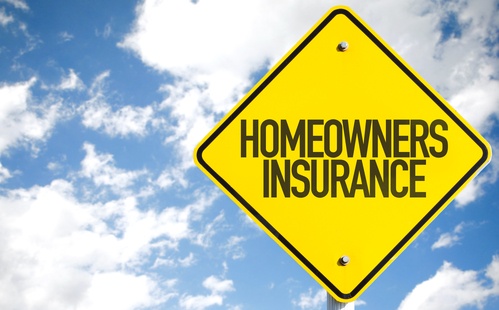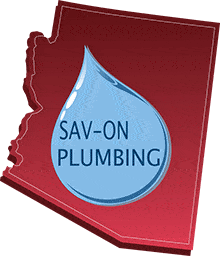
Will my homeowner’s insurance cover plumbing issues? Here’s what you need to know to avoid unpleasant surprises.
No one wants to pay for a residential repair cost, especially if your homeowner’s insurance will cover it. But insurance can be a tricky and complicated business, and it’s not always clear what your policy covers and what it doesn’t. Policies can vary depending on what you sign up for, where you live, and what kind of coverage you have. There are some basics you can often rely on to tell you what repairs you can count on your insurance company to pay for, and what you can’t.
Read on for information that can be useful should you face a plumbing crisis, or even need minor repairs.
Water Damage from Plumbing Issues
Most homeowners’ policies will cover water damage if there is a sudden leak, malfunction, or broken pipe. The key is that the issues must be sudden and unexpected. A slow leak that causes damage over time is generally not covered. Flooding from a natural disaster is also usually not covered under most standard policies. Malfunctions that covered by insurance can include a burst or broken pipe, a plumbing failure such as a broken toilet, tub, or sink, or a water heater rupture or breakdown.
Things Covered Due to Plumbing Issues
There are three different areas in most policies that outline the type of coverage you will have if you have plumbing issues that cause damage to your home.
- Dwelling coverage: this coverage will reimburse you for repairs needed for damage to your home. This includes damage to your roof, floor, and walls from water that results from water damage due to a plumbing mishap.
- Property coverage: this is reimbursement for the damage done to any of your personal property in the event of plumbing related water damage. This includes items such as clothing, furniture, electronics, appliances, and bedding and linens.
- Additional Living Expenses coverage: this coverage is to reimburse you should you need to stay away from home at a hotel as a result of damage to your home from a plumbing issue. Although this is less common with plumbing issues than natural disasters, it can happen, and it’s good to know if you can rely on that coverage in the event you should need it.
What Are the Main Causes of Plumbing Issues?
Most homeowners don’t give a lot of thought to plumbing and water-using appliances when they purchase homeowner’s insurance. When you think of water damage, your mind may often jump first to floods, storms, and natural disasters. The truth is, most water damage to homes comes from the inside.
Burst pipes in the winter can flood a basement or the first level of a house, causing devastating and sometimes irreparable damage. A broken pipe can cause damage not only on the lower floors but throughout multiple floors and rooms of a home, depending on where the pipe and the break are in the house. A hot water heater that ruptures can not only flood a basement or first floor, but it can cause injury to people who might be nearby when it happens. And when there is water damage, you almost always end up dealing with mold and mildew in the aftermath, an issue that frequently is not covered by insurance.
How Can You Prevent Claims?
You can’t always prevent plumbing issues, but the best way to avoid filing insurance claims is to be proactive. Regular maintenance on hot water heaters, protecting pipes from the cold, and having your home inspected by a certified plumber can help you avoid water damage and those dreaded insurance claims.
For all of the information you need to protect your home and property from plumbing-related damage, contact our friendly, expert team at Sav-On Plumbing today.
